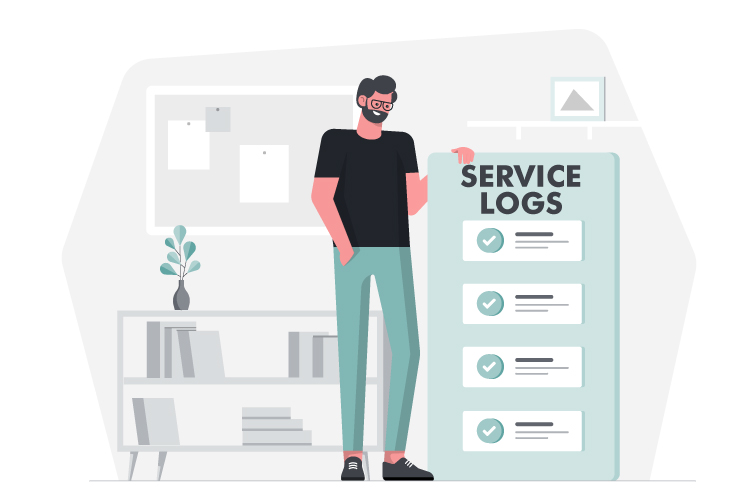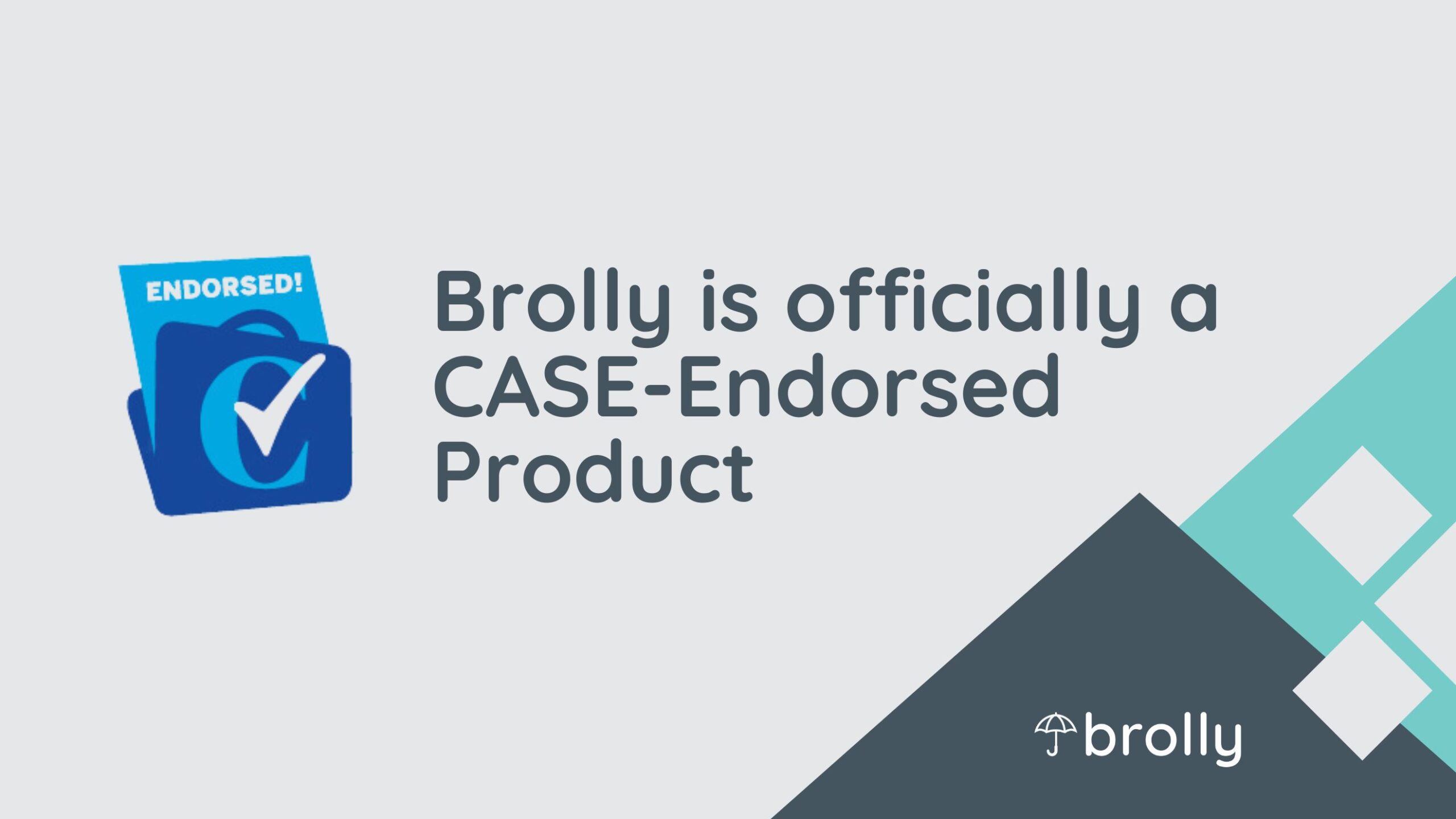4 Reasons Logging Special Education Services is Critical for School Districts

4 Reasons Logging Special Education Services is Critical for School Districts
The U.S. Department of Education released a Fact Sheet addressing the need for compensatory services under section 504 in February 2022. The Fact Sheet spoke to free appropriate public education (FAPE) and that the needs of students with disabilities should be met as adequately as the needs of general education students. Students’ entitlement to these services did not change due to the COVID-19 pandemic, and “Students with Disabilities May Be Entitled to Compensatory Services if They Did Not Receive Appropriate Evaluations or Services During the COVID-19 Pandemic.” If a student did not receive appropriate evaluations or services, the school must convene a group of persons knowledgeable about the student to make an individualized determination whether, and to what extent, compensatory services are required.
The Fact Sheet specifically calls out the frequency and duration of missed instruction and related service, a student’s present level of performance, and previous rate of progress as factors relevant to determining the type and amount of compensatory services required.

1. Compensatory Services: Know what services were offered & what were received
Districts with an established practice of logging special education services systematically are more equipped to easily share data demonstrating what services were provided, when they were provided and by whom they were provided. Clear, transparent service logs & progress monitoring data across providers will empower teams to make a data-driven decision regarding compensatory services.
For additional insight, an IEP goal tracker with absence tracking can provide further context on why a service session was missed. It can show if the session was offered and the student was absent, or if the disruption of the pandemic prevented the service from taking place.
2. Manage Due Process Complaints
When a parent initiates a due process complaint regarding the services provided to their child, it can be a stressful time. Often, the Special Education Director is tasked with assembling a report of services and progress across a variety of providers. If each provider is logging services in a different way, and in a different place, aggregating the logs into a comprehensive report can take a significant amount of time.
While each instance is different, a report featuring all services, dates, times and description can help demonstrate compliance with the IEP. However, it’s important to remember bad data in = bad data out. If a tracking tool is too cumbersome for teachers and service providers to easily log data, a district may struggle with adoption and usage. Data integrity is the foundation for effective reporting and lessening parent concern regarding services provided.
3. Identify Interrupted Learning
Interrupted Learning, also referred to as learning loss, spiked during the pandemic. Children in Special Education Programs were disproportionately affected by the pandemic, and now providers are tasked with getting them back on track to meet their IEP goals.
Detailed service logs are critical. What sessions did the student miss? What was covered in the session? How long was it? With this information, case managers can begin to understand the extent of learning loss and strategies to remediate it.

Most districts use hand written sheets or spreadsheets–which can be hard to manage and lead to gaps in critical reporting data. Digital tools, like Brolly, offers the ability to take logs from various providers and compile them into real-time chronological reports, reducing the administrative burden of aggregating data manually.
Without clear service logging, it becomes difficult for a provider or district to utilize data-driven decision-making to determine what areas the learning loss occurred and the extent of the gap – both key components in identifying a plan to combat the learning loss.
4. The kids!
When it comes down to it, it’s all about the kids. Seeing a child’s face light up when they finally figure out how to solve that math problem or smoothly read an entire sentence aloud – that’s why we’re all here. The pandemic was difficult for many people, and especially so for special education students.
Teachers, administrators and parents all went above and beyond to support the children through the ups and downs of the last two years. However, the difficulty in providing certain services, issues with internet bandwidth and connectivity and other hurdles have affected many special education students and delayed their progress on various IEP goals.
Having a firm grasp on what services were provided to who, when, and for how long is a critical step in identifying which areas these students need additional support moving forward. With accurate service logs, case managers have the needed history to develop a plan that sets each child up for learning gains.

